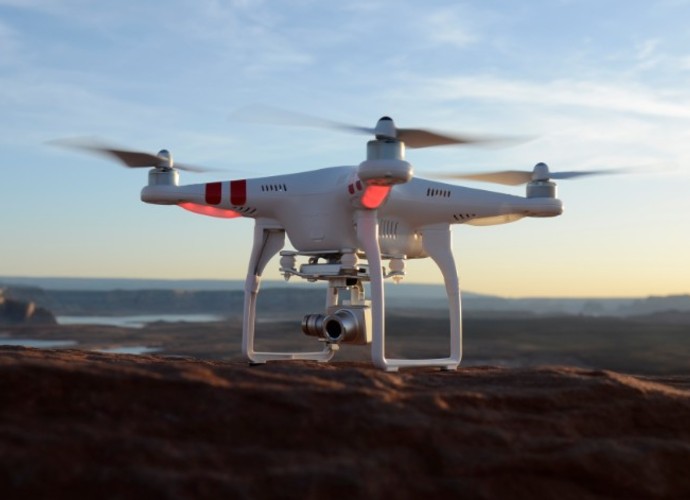Amid escalating tensions between India and Pakistan, concerns regarding location services and phone privacy have surfaced. These concerns stem from the ongoing conflict and the potential misuse of technology for surveillance and targeting. This article addresses these issues, providing information on the current situation and offering advice on how to protect your privacy.
Drone Attacks and Misinformation
Recently, a viral message circulated on social media platforms, urging users to immediately disable their phone's location services. The message falsely claimed that this was an official advisory, issued in response to Pakistan using drones to identify densely populated areas. The Press Information Bureau (PIB) Fact Check, the Indian government's official fact-checking handle, debunked this message as fake. They clarified that no such advisory had been issued by the Government of India. Authorities have cautioned citizens to be wary of misinformation, especially content related to the Indian Armed Forces, and to verify any information received.
Despite the debunked advisory, the underlying concerns about drone warfare and the potential for location data to be exploited remain valid. India has accused Pakistan of using drones, along with long-range weapons and fighter jets, to target military sites and civilian infrastructure along the western border. Pakistan has also accused India of launching drone attacks. These accusations and counter-accusations highlight the importance of understanding how location services work and the steps individuals can take to manage their privacy.
Government Surveillance and Privacy Concerns
Beyond the immediate context of drone attacks, there are broader concerns about government surveillance and the privacy of citizens' communications in Pakistan. In July 2024, the Pakistani government authorized the Inter-Services Intelligence (ISI) to intercept and trace phone calls and messages in the interest of national security. This decision has raised concerns among analysts and rights activists, who argue that it could undermine the privacy of citizens and be used to suppress political opponents, activists, and the media.
The "Lawful Intercept Management System" (LIMS) allows the ISI to conduct surveillance without independent oversight, capturing the entire content of communication, including audio, video, and web browsing data. While the system cannot decrypt encrypted data directly, it collects it, potentially allowing authorities to request decryption from social media companies. This capability has led to estimations that millions of citizens could be surveilled at any given time.
Concerns about the lack of transparency and accountability in Pakistan's surveillance practices have also been raised. A High Court ruling revealed that no warrant has ever been sought under the Investigation for Fair Trial Act of 2013, the legal framework supposedly governing state surveillance. This revelation exposes potential executive overreach and a lack of safeguards for privacy and data protection.
Recommendations for Protecting Your Privacy
Given these concerns, it is important to take proactive steps to protect your location data and phone privacy:
- Be cautious about sharing your location: Review the location permissions granted to apps on your smartphone and disable location access for apps that do not require it.
- Use privacy-focused communication tools: Consider using encrypted messaging apps that offer end-to-end encryption to protect the content of your communications.
- Be aware of surveillance risks: Understand that your communications may be monitored, and exercise caution when discussing sensitive topics.
- Advocate for stronger privacy laws: Support organizations and initiatives that promote stronger data protection and privacy laws in Pakistan.
- Verify information: Be skeptical of viral messages and unverified claims, especially those circulating on social media. Rely on trusted news sources and official government channels for accurate information.
- Stay informed: Keep yourself updated on the latest developments regarding surveillance and privacy issues in Pakistan.
While turning off location services based on a fake advisory is not necessary, it is crucial to be aware of the risks associated with location tracking and government surveillance. By taking proactive steps to protect your privacy, you can mitigate these risks and safeguard your fundamental rights.















